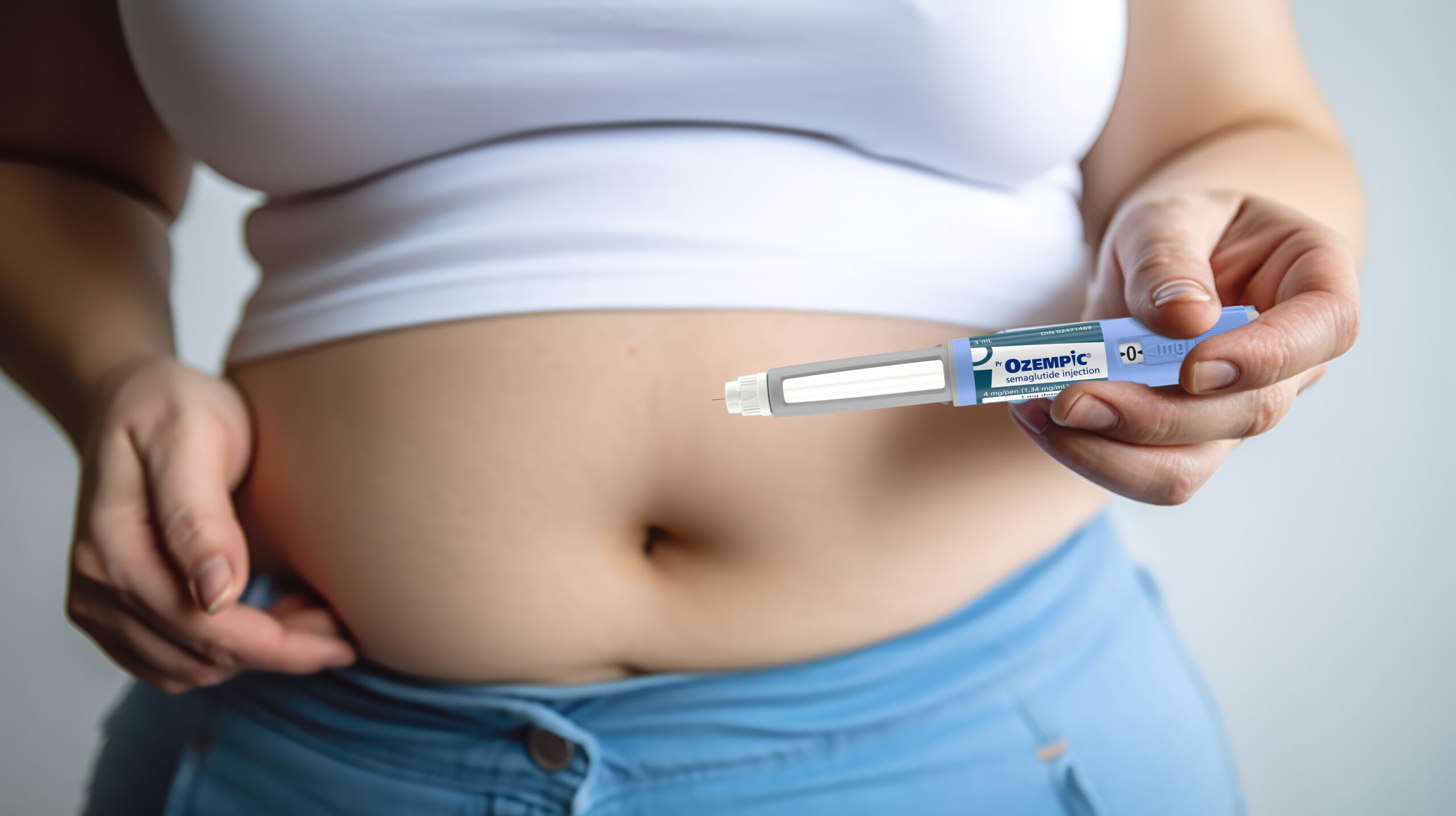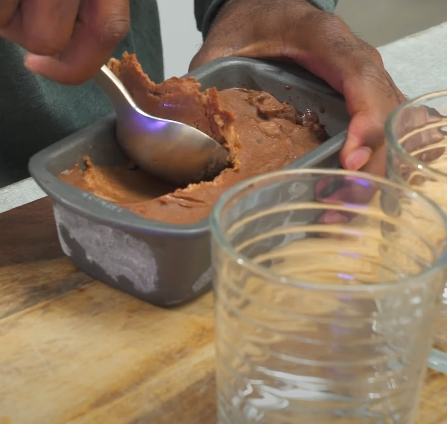The popular stimulant, Caffeine, can help improve athletic performance.
Caffeine has long been revered for its ability to take one from a state of mental and physical debility to that of a finely tuned, productive member of society. The supplement industry is no stranger to the use of caffeine, and for the last 40 years, its intake has been shown to improve endurance performance in leg-heavy activities, including running, cycling and rowing, by 1–5%.
Until recently, scientists have wondered whether the same could be true for activities that require the use of the arm muscles to generate the majority of speed-related force. It is clear that caffeine stimulates better athletic performance, but what, specifically, about this compound inspires such an increase?
Enhancing Endurance
In an April 2013 study published by the American College of Sports Medicine, researchers took 10 highly trained male cross-country skiers and had them perform both a placebo and caffeine trial run using a randomized, double-blind, crossover design.
Cross-country skiers must use their arms to generate speed, and while they do rely on the their legs, leg power is not the main factor in establishing movement. The purpose of the trial was to test the effects of caffeine while using the double-poling (DP) technique—where the arm muscles provide speed-generating force. DP is involved in the amount of force the arm muscles can endure during performance.
In the past, many studies were based on the lower body. Leg muscles have a higher maximal oxygen uptake during performance, possibly because they have a greater mitochondria (organelles in cytoplasm of cell membrane) density, allowing them to extract more oxygen than that of the arm muscles. Therefore, researchers determined that “studies on leg muscles and caffeine may not be directly applicable to exercises while using the DP technique” in sports that require the use of arms to generate speed, like cross-country skiing.
After ingesting 6 mg of caffeine per kilogram of body weight (2.2 lb) 75 minutes before the trial run of 8 km, test subjects were able to maintain a higher speed and heart rate, thus reducing their time to complete the cross-country DP performance test. Scientists speculate that caffeine may reduce the perception of effort to complete the athletic task, meaning activities may seem easier than they did without caffeine consumption. Also, caffeine may facilitate motor-unit recruitment, allowing for an individual to prolong his or her time to exhaustion.
The stimulant effect of caffeine is due in large part to how it affects adenosine receptors in the central nervous system, which facilitates sleep, among other functions. By acting as an antagonist to adenosine, caffeine aids the body in experiencing a more alert state. Caffeine also invites the adrenal gland to produce more adrenaline, which also contributes to the stimulant effect it produces.
Buffering Muscle Pain
Herein lies the basis for the supplement industry when marketing preworkout products: Many labels boast that the stimulant effect of the product can help you power through even the toughest workout, making an ordinary individual into a Jay Cutler–type beast. The research may help support that philosophy.
However, even after caffeine consumption, the test subjects in the study were only able to “achieve a maximal oxygen uptake [that] was approximately 10% lower while using the DP technique compared with that of running.” This finding correlates to previous studies indicating that since leg muscles have a greater concentration of muscle mass as opposed to arm muscles, they are able to retain greater quantities of oxygen, meaning that leg muscles will always have the ability to potentially generate greater force.
This may also be due to the fact that in test subjects, “muscular pain was much greater in the arms (almost unbearable) than that in the legs (some pain).” This fact suggests that the subjects tired more quickly than they would have had legs been the major factor in generating force.
The researchers concluded that “caffeine-mediated improvement in performance comes as a result of reduced pain sensation,” allowing subjects to exercise at higher speeds and heart rate. So, while the arms may have tired more quickly than the legs, they were still able to endure greater pain buffering than if caffeine had not been consumed.
Researchers determined that “during DP, arm muscles contributed as much as 40–50% of total [oxygen] cost and, more importantly, provided the main speed-generating force.”
A separate study confirmed these statements by concluding that “a delay in the central nervous system fatigue could be behind the ergogenic effect of caffeine on endurance performance.”
For the first time, researchers were able to determine that “caffeine increased endurance performance in DP in which the main muscles used to produce power and speed [were] in the upper body.”
Blood Boost
Life Extension published a recent article by the American Heart Association that determined that caffeine improved small-blood-vessel function, explaining the greater response to oxygen intake. It was found that “blood flow increased by 30% over a 75-minute period among those who received coffee containing caffeine in comparison with those that [did not].” Previous studies also reported an improvement in larger-artery function in association with caffeine consumption, which better regulates tissue blood flow in the circulatory system.
What does that mean for you? Increased blood flow better oxygenates the muscles during endurance activities, allowing for greater cellular energy—possibly allowing you to withstand longer periods of strenuous activity.
While these findings will make any coffee enthusiast smile, it is important to know that there is a downside to overconsumption of caffeine. Too much caffeine has been linked to restlessness, irritability, inability to sleep, anxiousness, and may exacerbate certain medical conditions, so you need to determine how much caffeine is too much.
You should avoid high caffeine consumption if you have a history of high blood pressure or hypertension in your family, or if you already suffer from these conditions. Your physician will be able to accurately determine your susceptibility to these situations, and decide if caffeine can be safely supplemented into your daily routine.
Interested in reading more? Check Out Can Small Amounts of Chocolate Be Good For You?






